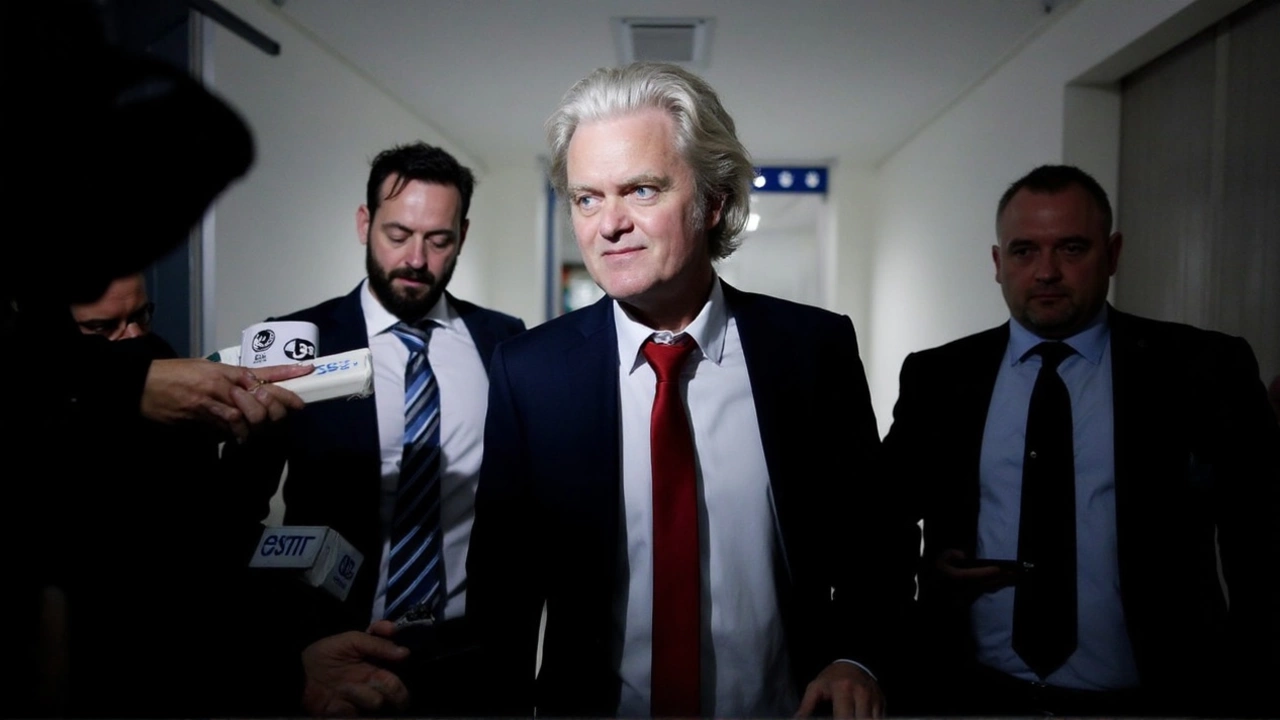Turmoil in The Hague: Far-Right Leader Geert Wilders Brings Down Dutch Government
In a political shake-up shaking much of Europe, the Dutch government crumbled on June 3, 2025. The dramatic moment came when Geert Wilders, firebrand leader of the far-right Party for Freedom (PVV), announced his party’s departure from the ruling coalition. His reason? He’s had enough with what he calls "dragging feet" from coalition partners over strict asylum and immigration controls.
Prime Minister Dick Schoof didn’t try to paint over the rift. He went public just hours after Wilders’ exit, telling reporters that his cabinet would continue as a caretaker government, only handling essential duties until fresh elections set the country’s course. For citizens, this means no major policy moves or new initiatives until they vote for a new parliament, something that could reshape the Netherlands for years to come.
Immigration Frustration Boils Over
Wilders has never hidden his tough stance on borders. But recently, his demands became more intense than ever—he called for not only tougher asylum laws but also real military action to police the country’s frontiers. Wilders pushed for steps as extreme as sending Syrian refugees back home. For him, the pace of reform was glacial, stoking anger at the rest of the coalition: the mainstream conservative VVD, centrist New Social Contract (NSC), and the rural-focused Citizen Movement (BB).
The PVV’s time in government lasted just six months. Back in November 2023, Wilders’ party clinched a surprise win, generating headlines across Europe. Forming a coalition was never going to be easy, though. Many in the VVD and NSC were wary from the start, questioning if Wilders could stick to Dutch constitutional rules. This wasn’t just about paperwork—skeptics feared he might bend or break democratic norms, pointing at his past fiery rhetoric against Islam and Europe’s open borders.
Inside the coalition, meetings frequently ended with no resolution. Sources close to the talks say Wilders’ frustration boiled over in recent weeks, with immigration numbers still high and no sign of tightening controls. By pulling the plug, he put his party back at center stage, trying to turn public frustration into political advantage.
The broader context can’t be ignored. The Netherlands is days away from hosting a key NATO summit, where international attention will be fixed on its political stability. With a caretaker government in place, the country’s role on the world stage takes on an air of uncertainty. Dutch diplomats and NATO officials are scrambling to reassure allies that security and defense cooperation won’t falter, even if domestic politics are in flux.
So why would Wilders risk looking like the villain who broke the coalition? Some insiders argue it’s all about strategy. Right now, opinion polls put the PVV at about 20%—not a runaway lead, but neck-and-neck with the left-leaning Labor/Green coalition. By forcing an election, Wilders hopes to capture the energy of his base and rally voters frustrated with the status quo.
What comes next? No party holds all the cards. The Dutch public will get its say soon enough, with issues like border security and refugee policy likely topping campaign debates. Analysts point out that what happened in The Hague is anything but isolated: in Portugal, Germany, and the UK, similar far-right upswings are reshaping traditional alliances and challenging the political order.
As the election campaign gears up, all eyes are on Wilders—and on whether the wave of support for harder border controls can crack the dam of old-school European politics.
